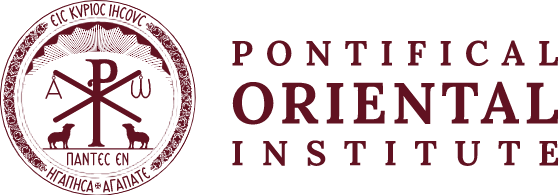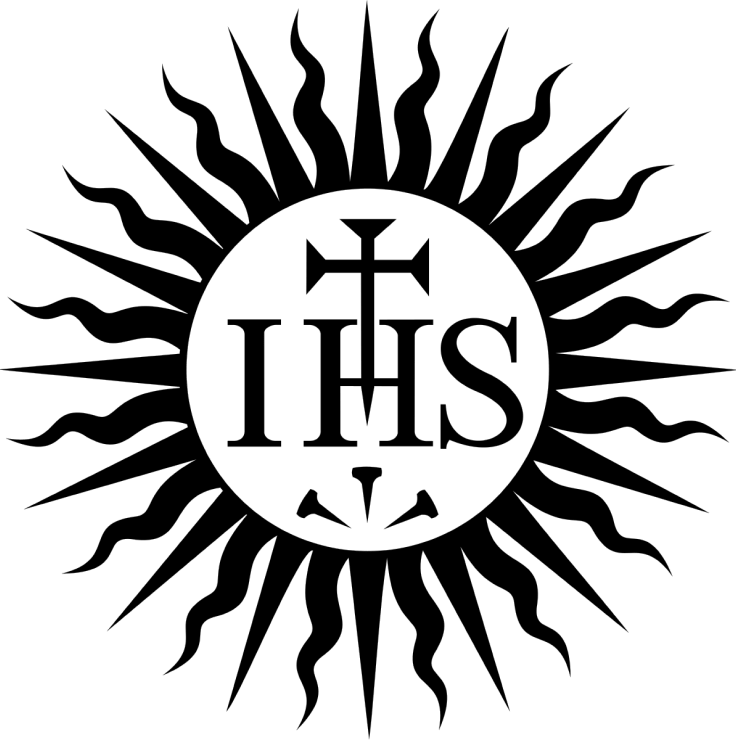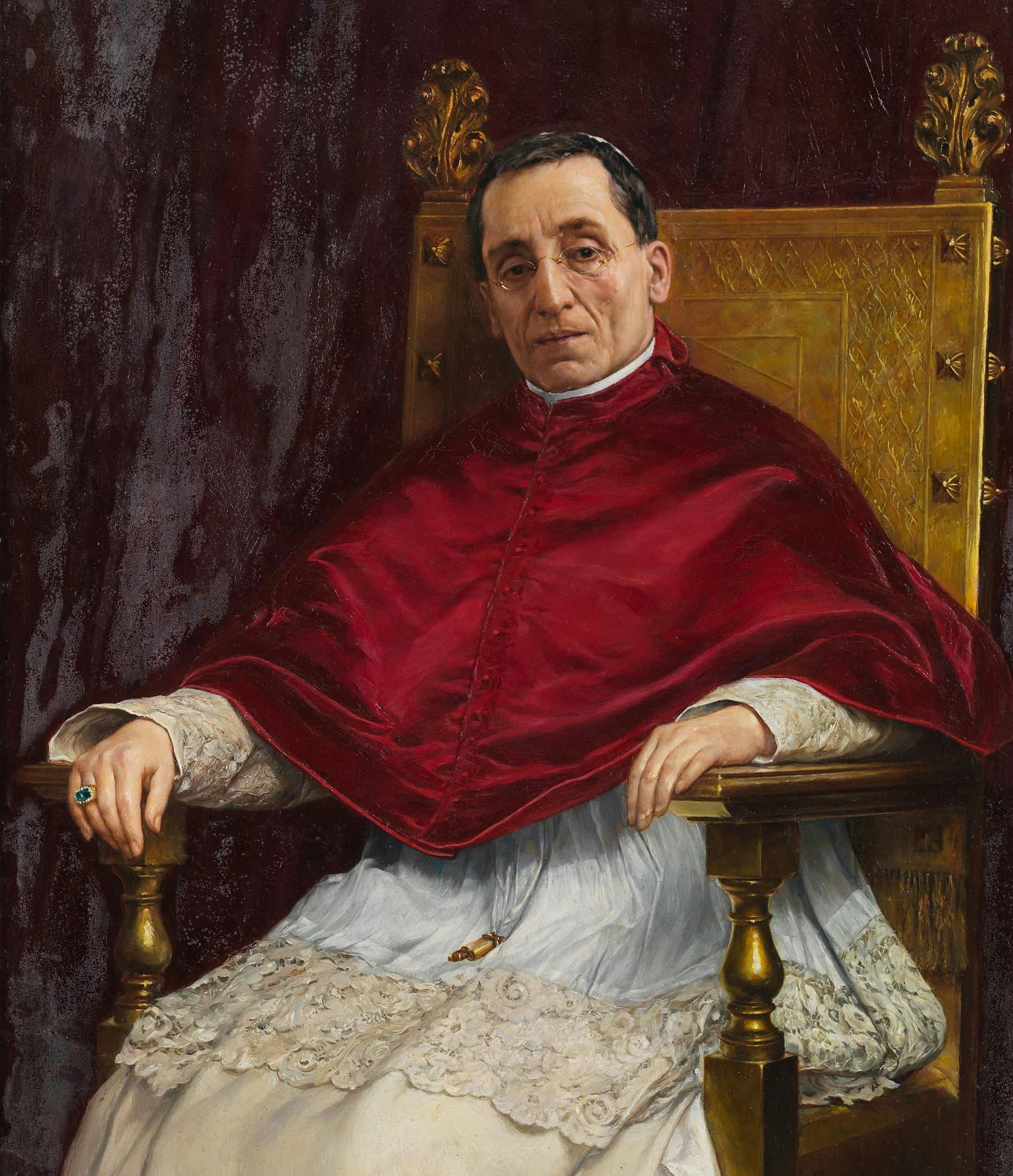
A Brief History
The Inspiration
The Pontifical Oriental Institute was established on October 15, 1917 by Pope Benedict XV, a few months after the establishment of the Congregation for the Oriental Church.
The new Institute was declared in the motu proprio Orientis Catholici, which stated that “we decided to found a suitable place of higher education on the eastern issues in this city.”
The Institute had its first residence in the Piazza Scossacavalli at the Palazzo dei Convertendi. Academic life began on December 2, 1918.
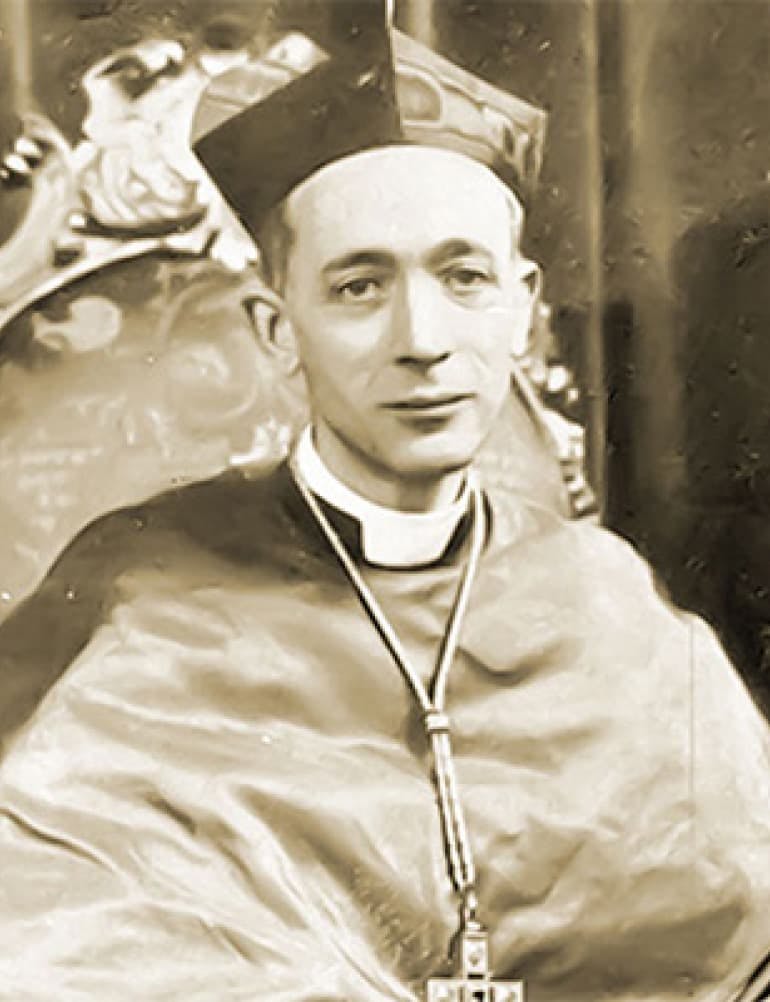
The first president of the Institute was Alfredo Ildefonso Schuster, abbot of St. Paul utside of the Walls, subsequently, Archbishop of Milan. In 1920 Benedict XV gave the Institute the right to confer academic degrees in theology, through the creation of the Faculty of Oriental Ecclesiastical Sciences.
Twenty years later, underscoring that “this is a grand design to build a bridge between the East and the West”, the ex-president Schuster stated that “in the concept of Benedict XV, the Pontifical Oriental Institute had to be like an academy, or a theological university, dedicated exclusively to the study of the various theological subjects cultivated in the East.” (“Benedetto XV e l’unione delle chiese orientali”, 1940).
This is a grand design to build a bridge between the East and the West.
The Work Begins
In 1922, Pope Pius XI entrusted the Oriental Institute to the Society of Jesus, transferring it to the building of the Pontifical Biblical Institute in Piazza della Pilotta. Four years later, the Institute received its present location in Piazza S. Maria Maggiore.
Mirroring his work as Prefect, first, of the Ambrosian Library and, then, of the Vatican Library, Pius XI became a generous patron of the Institute’s Library, which was soon on its way to becoming one of the richest libraries on the Christian East in the world.
In 1928, Pius XI’s encyclical Rerum Orientalium was issued to urge bishops to send to the Institute future professors of eastern studies. In the same year, with the motu proprio Quod Maxime, the Pontiff created a Consortium of collaboration of the Oriental Institute, the Biblical Institute, and the Gregorian University.
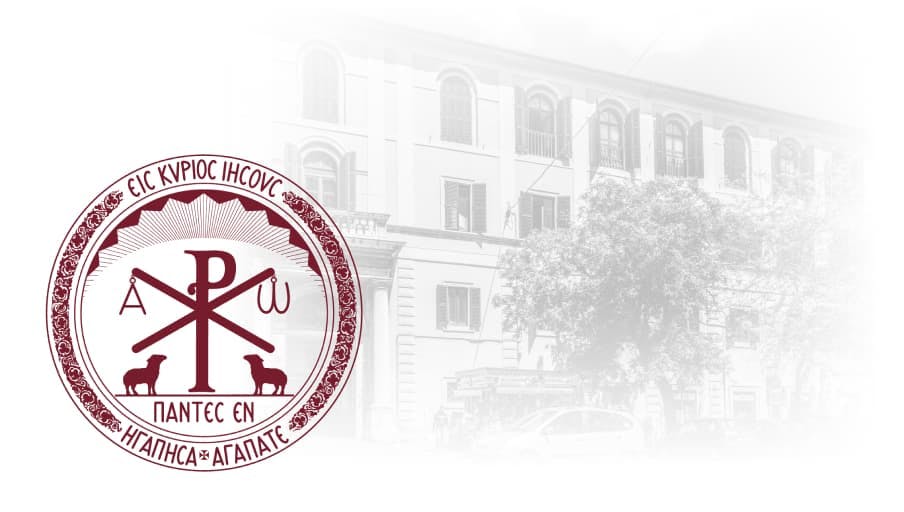
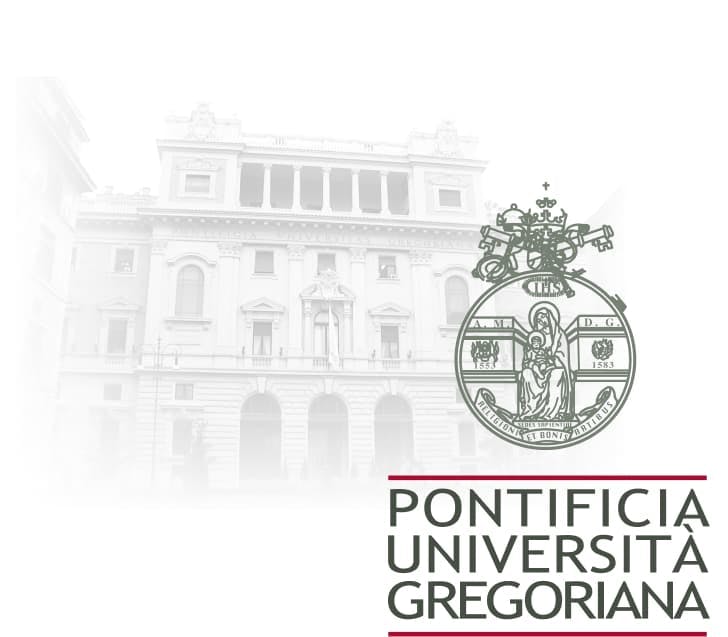
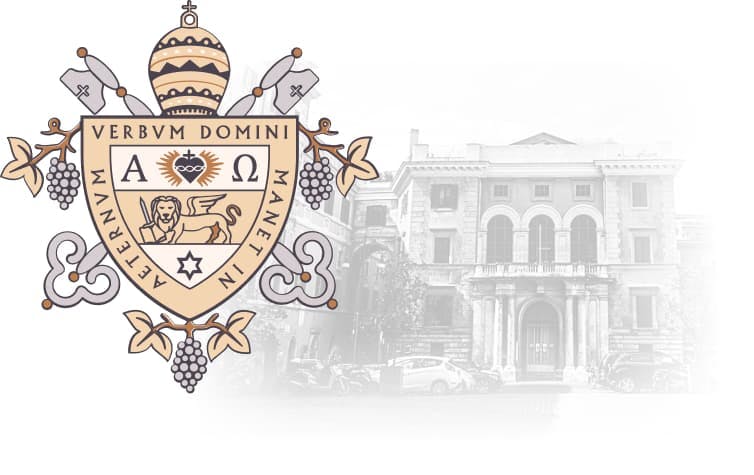
These three institutions, entrusted to the Society of Jesus, were under the auspices of the Prefect of the Congregation of Seminaries and Universities with the title of Grand Chancellor.
In 1971, a second faculty was added, namely, the Faculty of Eastern Canon Law, which later was to play a crucial role in the development of the Code of Canons of the Eastern Churches.
Since May 1993, the Prefect of the Congregation for the Eastern Churches is the Grand Chancellor of the Pontifical Oriental Institute, an office hitherto held by the Prefect of the Congregation of Catholic Education.
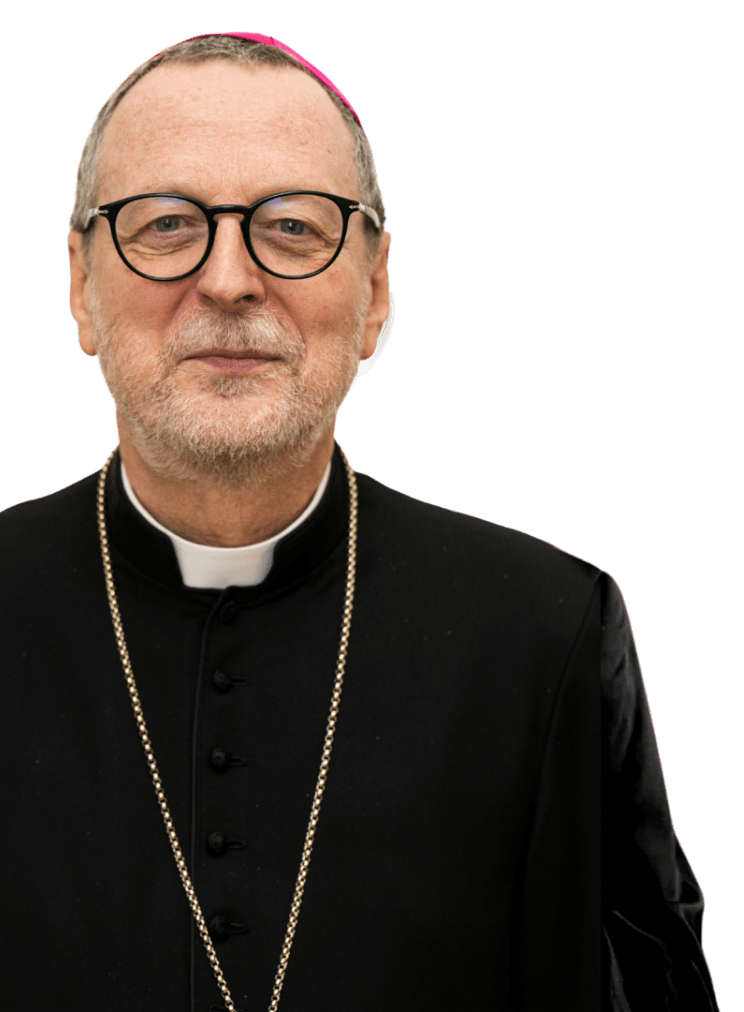
The Grand Chancellor
In November 2022, Pope Francis appointed Mons. Claudio Gugerotti Prefect of the Dicastery for the Eastern Churches. He succeeded Cardinal Leonardo Sandri, who headed the Dicastery from 2007 to 2022. Cardinal Gugerotti is well known to the Pontifical Oriental Institute, where he studied and obtained a doctorate in Oriental Ecclesiastical Sciences in 1996, and subsequently taught Armenian language and liturgy until 2002.
Cardinal Gugerotti had served as Apostolic Nuncio in Georgia, Armenia and Azerbaijan, Belarus, Ukraine, and finally in Great Britain.

